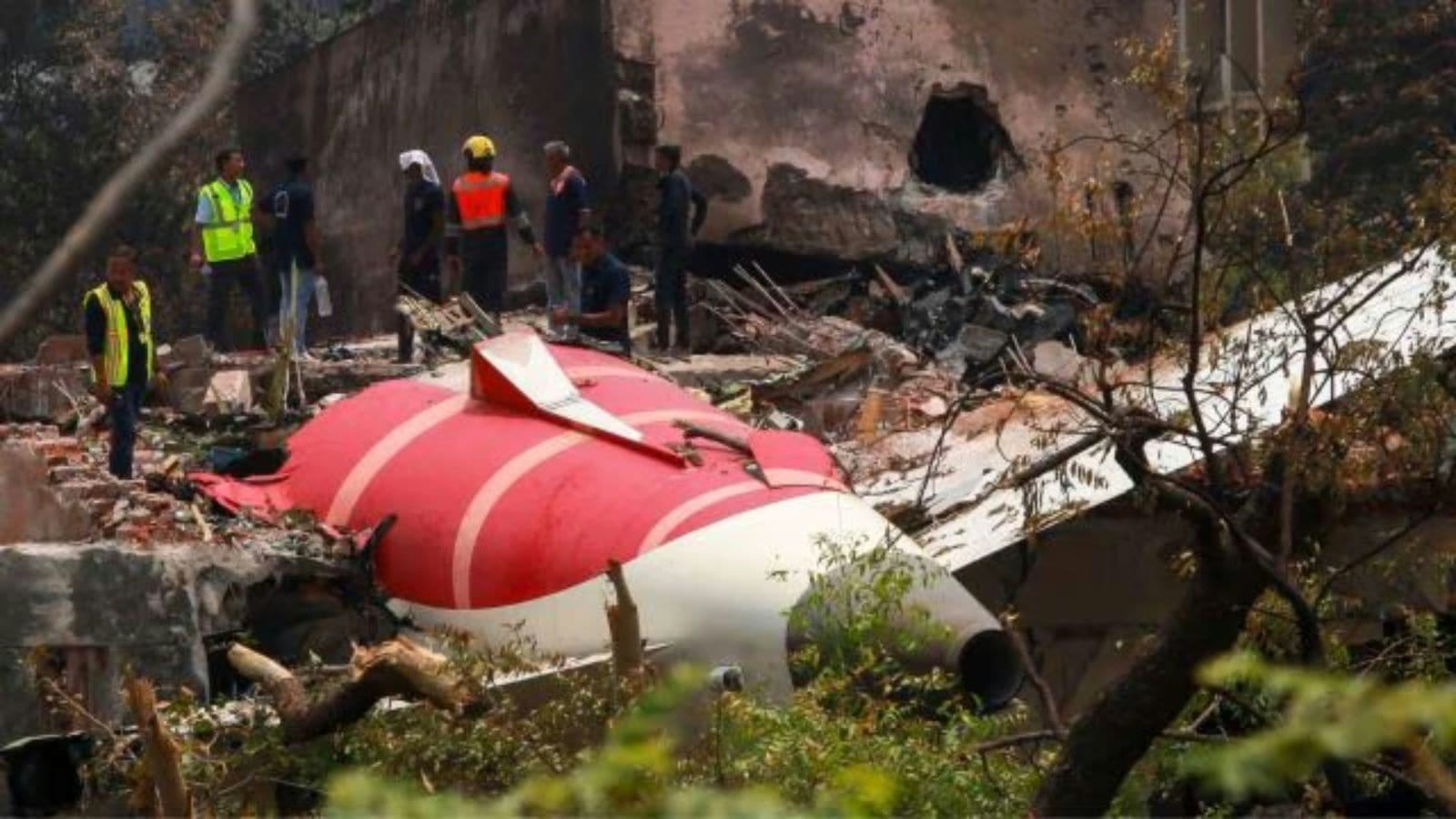エアロジニー — あなたのインテリジェントな副操縦士。
現在のトレンド
Categories
Indian Pilot Group FIP Threatens Legal Action Against Wall Street Journal Over AI 171 Coverage

Indian Pilots’ Federation Threatens Legal Action Over Air India AI 171 Crash Coverage
The Federation of Indian Pilots (FIP), representing approximately 5,500 pilots, has announced its intention to pursue legal action against The Wall Street Journal (WSJ) following the US newspaper’s recent reporting on the Air India flight AI 171 crash on June 12. FIP President CS Randhawa expressed strong objections to the WSJ’s implication of pilot involvement in the incident, emphasizing that the preliminary investigation report does not attribute the crash to pilot error or actions.
Randhawa stated, “We strongly object to the targeting of pilots when the preliminary report does not mention pilot error or action. They are maligning the pilots. We are contemplating legal action and will be consulting our lawyers.” His remarks underscore the pilots’ frustration with what they perceive as unfounded allegations that could damage their professional reputation.
Dispute Over Preliminary Findings and Media Reporting
The controversy stems from a WSJ article citing unnamed sources “familiar with US officials’ early assessment of the investigation,” which suggested that cockpit voice recorder data had shifted investigative focus onto one of the pilots, who may have switched off the fuel control switches. However, the preliminary report issued by India’s Aircraft Accident Investigation Bureau (AAIB) states only that both engines lost power after the fuel control switches moved from ‘RUN’ to ‘CUTOFF’ within a second of each other shortly after takeoff. The report records a brief exchange between the pilots—one questioning why the fuel was cut off and the other denying responsibility—but does not confirm whether either pilot physically operated the switches.
Several Indian pilot associations, including the Indian Commercial Pilots Association (ICPA) and the Airline Pilots’ Association of India (ALPA-I), have also condemned what they describe as premature speculation and insinuations against the flight crew. They argue that drawing conclusions at this early stage, based solely on limited preliminary findings, is both unwarranted and potentially harmful to the individuals involved.
Aviation ministry officials and industry experts have echoed these concerns, emphasizing that the investigation remains ongoing and that initial findings are provisional. The AAIB’s report itself includes a disclaimer noting that its conclusions are based on “preliminary facts and evidence” and may evolve as the inquiry progresses.
Broader Implications for the Aviation Sector
The FIP’s threat of legal action against an international publication such as the WSJ introduces complex legal and reputational challenges for the pilot group. This development has attracted attention from various aviation industry stakeholders, with some analysts cautioning that heightened scrutiny could negatively affect investor confidence in Air India. Competitors may also adopt defensive public relations measures to counter any adverse publicity stemming from the controversy.
Adding to the sector’s challenges, recent aviation safety audits have uncovered multiple lapses in airline maintenance across the industry, raising broader concerns about operational standards and safety culture. As the investigation into the AI 171 crash continues, experts stress the importance of focusing on identifying the root cause rather than prematurely assigning blame.

Capital A Completes Sale of Aviation Business to AirAsia X

Four Gateway Towns to Lake Clark National Park

PRM Assist Secures €500,000 in Funding

Should Travelers Pay More for Human Support When Plans Go Wrong?

InterGlobe Aviation Shares Rise 4.3% Following January Portfolio Rebalancing

Key Market Segments Shaping Airline Route Profitability Software

Locatory.com Gains Traction Among Aviation MROs and Suppliers

JetBlue Flight Makes Emergency Landing Following Engine Failure

58 Pilots Graduate from Ethiopian University

The Engine Behind Boeing’s Latest Widebody Aircraft
